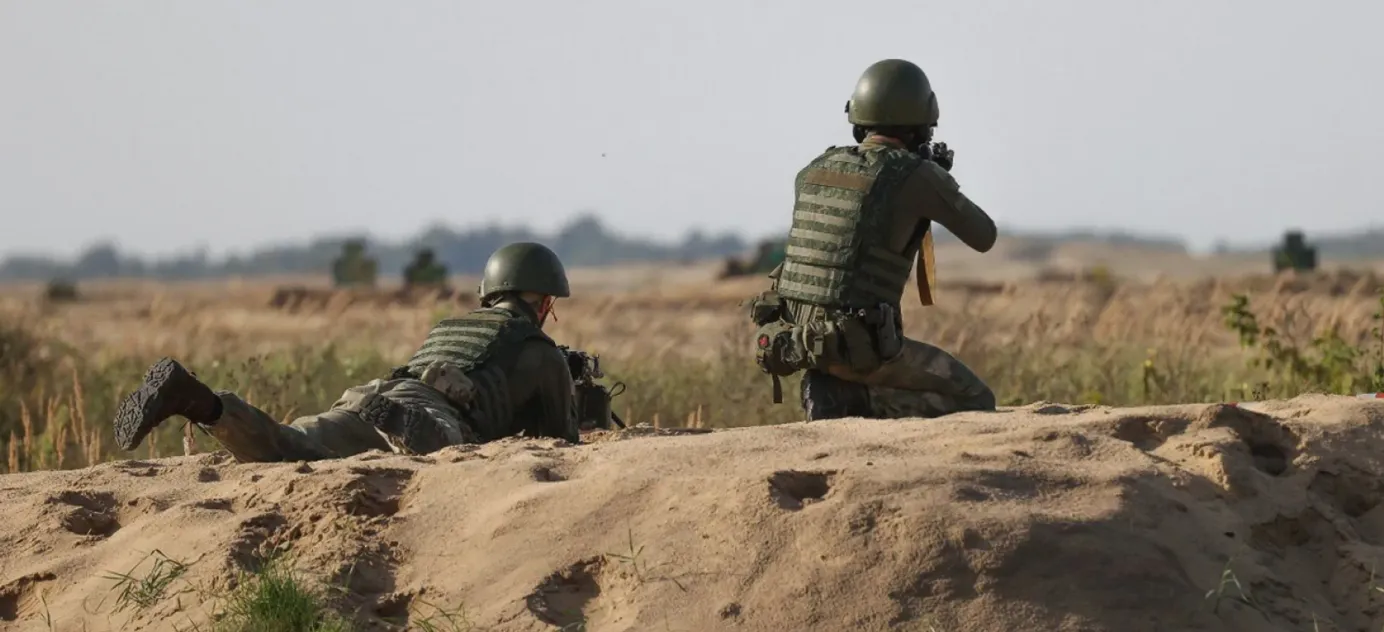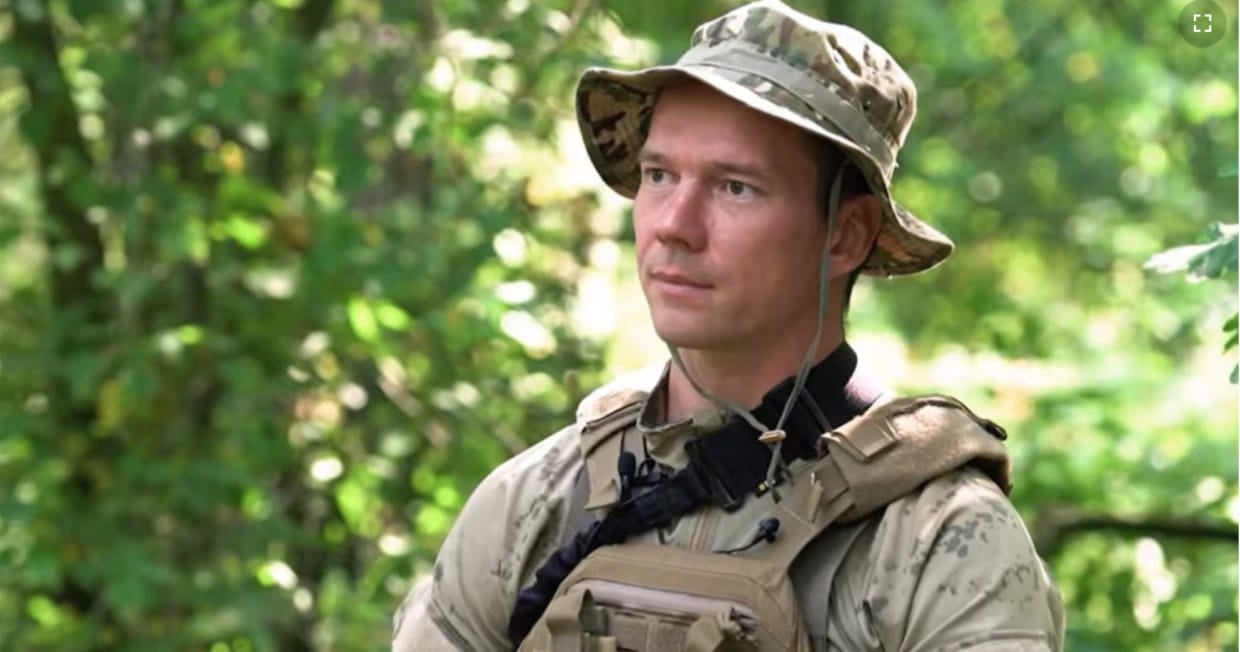
Kremlin says criminals are “atoning with blood” on the battlefield in Ukraine
With every passing week, more attention is being paid to the thousands of criminals, including brutal murderers, receiving pardons after being released from prison to serve with the Wagner private militia and other paramilitaries fighting in Ukraine. The problems stemming from the policy were inevitable. Unlike draftees, pardoned criminals are allowed to return home after a matter of months, while those who were mobilized are obliged to serve until the end of the war. Despite the public anger, the Kremlin signaled last week it will not change course. The criminals are “atoning for their crimes with blood,” Putin’s spokesman Dmitry Peskov said.
- There was public outrage last week over a pardon handed to Vladislav Kanyus, who had been convicted of one of Russia’s most brutal murders in recent memory. In 2020, Kanyus murdered his former girlfriend, Vera Pekhteleva, by beating, strangling and torturing her for several hours as police failed to respond to calls for help from her neighbors. The case became a symbol of Russia’s lack of interest in tackling domestic violence. In 2022, Kanyus was sentenced to 17 years in jail, but earlier this year managed to join the ranks of Russian troops and ex-convicts fighting on the front lines in Ukraine. Last week it emerged that he had been pardoned and was now back at large in Russia.
- Pekhteleva’s family was outraged and the story garnered widespread media coverage. So much so that Kremlin press secretary Dmitry Peskov was forced to respond. Peskov is renowned for his ability to use many words to say nothing meaningful, but this time he stated the official position very clearly. There are two ways to pardon a prisoner in Russia, Peskov explained. The first is the familiar legal path, which involves an admission of guilt and petitions to the president. “But there is a second path: when those convicted – even of the most serious crimes – atone for their crimes on the battlefield. They are atoned by their blood, by (serving in) assault brigades, under bullets and artillery fire. That’s all I can say on this occasion,” he told reporters.
- Yevgeny Prigozhin’s Wagner Group began actively recruiting convicts to fight in Ukraine back in 2022. Today, the practice has continued for other paramilitary groups, including those set up by the Defense Ministry. According to estimates from the “Russia Behind Bars” NGO, Wagner recruited50,000 convicts for the war, of whom no more than 10,000 survived. At present, the Defense Ministry has about 30,000 in its ranks. All convicts who fight in the war receive a presidential pardon before they arrive at the front.
- Contracts with Prigozhin’s Wagner ran for six months, after which the ex-convicts were freed from both military service and prison and could return home. Therefore, Wagner's first recruits started returning home at the beginning of this year. In June, Prigozhin claimed that 32,000 convicts who served with him were already free. After the summer mutiny and the dissolution of Wagner, there was another wave of people returning from the front. There were dozens of stories in the media at that time, describing how returning criminals were terrorizing their communities. The Agentsvo media outlet calculated that Putin had pardoned at least 17 individuals that had been convicted of high-profile murders – and these were only the cases that it could find publicly.
- There is particular outrage among the families of those who were drafted in the September 2022 mobilization drive and who have not yet returned home. In August 2023, the authorities said that mobilized soldiers would serve indefinitely until the Kremlin issues a formal decree on demobilization. The logic is clear: the Kremlin cannot risk the social unrest that would be triggered by attempting to recruit another 300,000 troops, just to replace the conscripts it already has. Relatives are trying to set up pickets against this “indefinite” mobilization, but the protests have so far failed to become a mass movement.
Why the world should care
The Kremlin’s decision to recruit prisoners for its war on Ukraine is typical of the underlying cynicism of the Putin regime. This is a decision that will undermine social stability in Russia for years to come. However, it poses no direct immediate threat to the government – for the Kremlin, it is more effective to send convicts to the front than to launch another round of mobilization among the general population.



